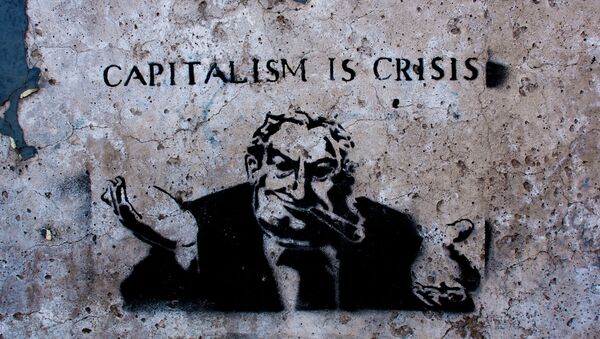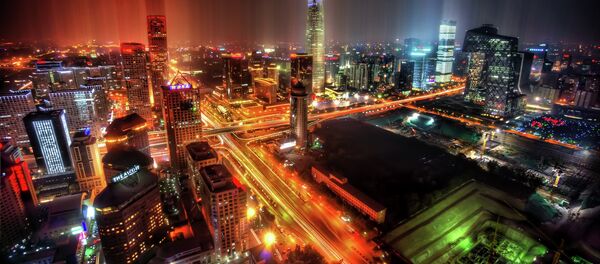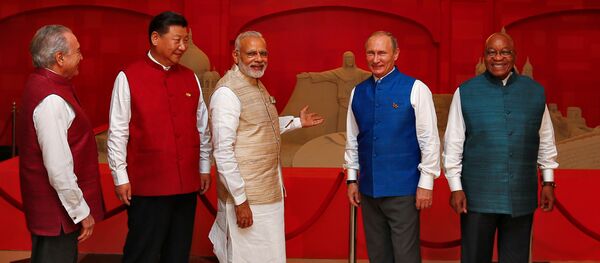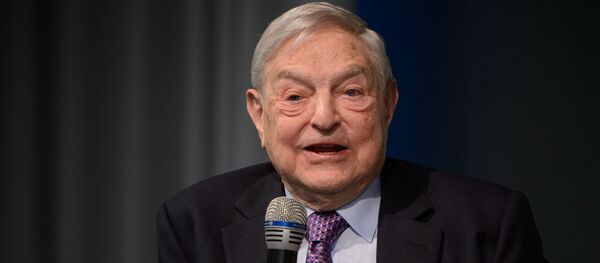Trump's win in the US presidential election has not come as a surprise for Asian intelligentsia, Mathew Maavak, a doctoral researcher in Risk Foresight at Universiti Teknologi Malaysia (UTM) and regular Op-ed contributor to China's CCTV, told Sputnik, adding that the US now has a chance to be a major partner in the economic development of the Asia-Pacific.
"Actually, a good portion of the Asian intelligentsia knew Trump would win hands down if the Nov 8 balloting would be free from extreme prejudicial influences," Maavak pointed out.
"It was the Asian financial elite, however, who seemed shell-shocked by the results," he continued, "This is what happens when you are taken in by the distorted analyses of the US mainstream media and financial punditry. And let me categorically state that if Hillary Clinton had snagged the presidency, it would have been tantamount to a US declaration of war against many nations, including those in the Asia-Pacific."
"We were that close to a global disaster," he stressed.
The Malaysian academic underscored that a Trump presidency may produce a "diametrically opposite outcome."
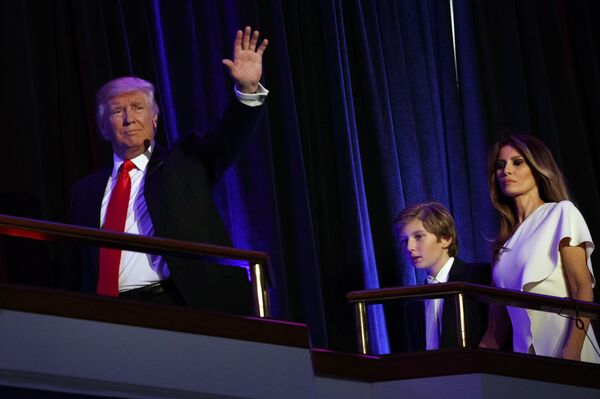
Trump's Asia-Pacific Shift
"The US now has a chance to be a major partner in the economic development of the Asia-Pacific, minus the budget-sapping excessive militarism that has bedeviled US foreign policy for decades," Maavak stressed.
"I think that Washington will continue its efforts meant to contain China by creating a barrier out of Southeast Asian nations, including the Philippines, Thailand, Myanmar and Vietnam, with the United States controlling this process," Dmitry Mosyakov, Director of the Institute of Oriental Studies at the Russian Academy of Sciences, told RIA Novosti.
Speaking to Sputnik, Russian military expert Vasily Kashin suggested that Washington under Trump is likely to adopt a Reagan-style "peace through strength" approach toward China thus making the situation in the Asia-Pacific region "much more explosive."
Russian journalist Petr Akopov of Vzglyad argues, however, that Russia won't remain neutral if Washington tries to impose further pressure on China — Moscow's strategic Eurasian partner.
On the other hand, Tom McGregor, Commentator and Editor at China Network Television (CNTV), believes that Washington would rather embrace the Asian Infrastructure Investment Bank (AIIB) initiative and jump on the China-led One Belt, One Road bandwagon.
'Trump Wants Business, the More the Merrier'
So, how the situation will unfold?
"This is indeed a tough question to answer," Maavak responded.
"In my opinion, Washington will be inclined to participate in the AIIB and New Silk Road initiatives. Trump wants business; the more the merrier," he emphasized.
Donald Trump has repeatedly hinted at the fact that he will abolish the Trans-Pacific Partnership (TPP) project, championed by US President Barack Obama. Will Trump kill the TPP?
"Trump had revealed his hostility towards the TPP throughout his campaign period, citing its potentially deleterious effects on American workers. But the problem is much deeper than that. Western-style capitalism and trade regimes tend to etiolate the Middle Class," Maavak emphasized.
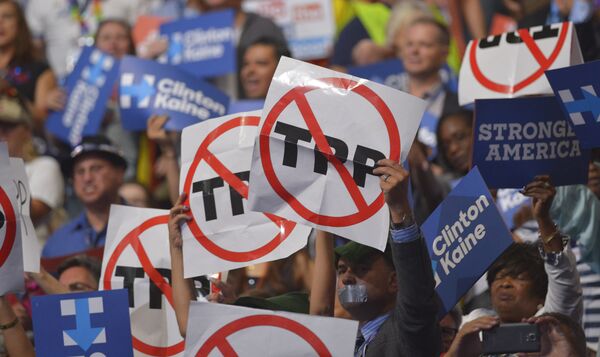
TPP and Henry Kissinger's 'Assembly of a New World Order'
The academic stressed that social stability depends on the permanent presence of a solid middle class.
"I had written a peer-reviewed journal on this subject which seemed ahead of its time then. Titled ‘Class Warfare, Anarchy and the Future Society,' it explored the ever-widening wealth gap between the Super 1% and the rest of society. Either the Super 1% ultimately relents and resets the economic cycle or it can resort to a 'Gramscian Political Society' to control dissent. The latter option seems to be the globalist wet dream," Maavak underscored.
"[Kissinger] renewed the call for a New World Order echoing two variations of the future society outlined in my paper, namely the need for regionalized power centers led by strongmen who can control their respective turfs for the benefit of the transnational capitalist class," the Malaysian academic noted.
"The contemporary quest for world order will require a coherent strategy to establish a concept of order within the various regions and to relate these regional orders to one another," Kissinger wrote in his essay.
"So, the TPP looks like a stalking horse means to introduce regional gulags down the line; one that will only benefit the borderless global elite at the expense of the nation state," Maavak explained.
"That's why the likes of George Soros are getting desperate, and are throwing everything including the kitchen sink at this eruption of nationalism worldwide. The fact that nationalists worldwide are exhorting each other — instead of invoking bogeymen among themselves — is infuriating the globalist lobby," the Malaysian academic told Sputnik.
"Trump will need to kill the TPP or radically alter its foundations to uphold national sovereignty, including that of the United States," he believes.
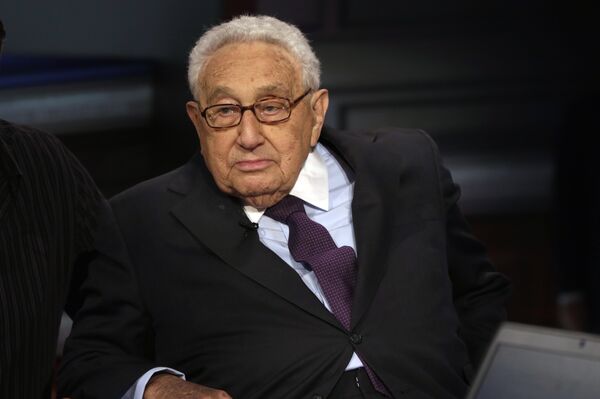
China's Financial Elite and The Soong Sisters Story
Why then China's financial elites in Hong Kong and Shanghai could have been "shell-shocked" by Trump's victory?
According to Maavak the antagonism between China's central government and its influential financial elites is a "recurring theme in Chinese history."
"It represents the Chinese trichotomy immortalized by this saying about the famous Soong sisters: 'One loved money, one loved power, one loved her country'," the academic remarked.
"Beijing would have also noted that Chinese tycoons in Southeast Asia have a pro-Western bias, despite overt pretensions to the contrary. This poses a quandary to Beijing. While the Communist Party of China (CPC) sees itself as the inheritor of the Chinese civilizational mantle, it is the ethnic Chinese financial elite that works against Beijing's interests, in concert with the transnational capitalist class with whom they share much commonality," Maavak suggested.
"In the end, Beijing may exercise greater central control to prevent another dynastic-type revolution," the academic concluded.
The views expressed in this article are solely those of the author and do not necessarily reflect the official position of Sputnik.

